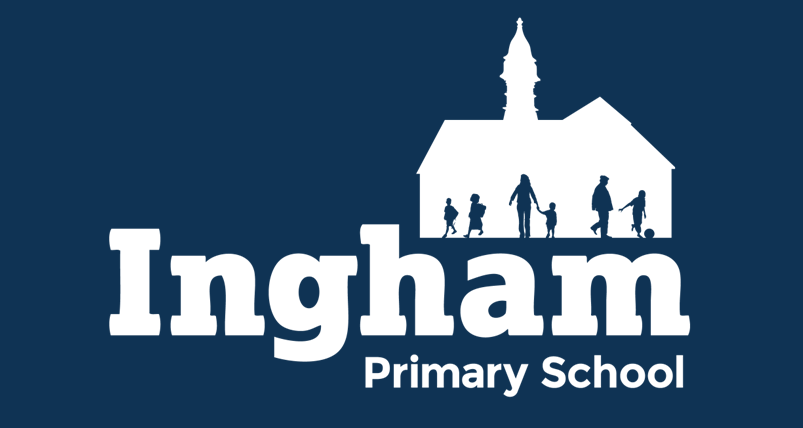Music
See our Music Development Plan at the bottom of the page.
How does our Curriculum Vision become a reality? Find out about the teaching of Music at our school here.
Intent
At Ingham Primary School we know that music is integral for children’s creative development and builds self-confidence. We encourage children to take part in a range of musical experiences including performances within our school and wider community. They are encouraged to foster an enjoyment and love of music. We wish for children to develop their own appreciation of a range of music throughout time and from a range of cultures, in line with the aims of the National Curriculum (2014).
Lessons give children the opportunity to appraise and reflect on a range of music, comparing and contrasting their current knowledge and developing new ideas. Children are taught musical skills through singing, body percussion and classroom instruments before putting these skills together in a performance. Composition opportunities are interwoven into teaching units, using technology where appropriate. Additionally, pupils have the opportunity to take individual instrumental lessons with peripatetic teachers.
Implementation
We follow the Charanga Scheme of work in which lessons are structured into topic-based units. These units follow a spiral curriculum, building on previously taught skills to develop a mastery of musical skills. Charanga provides a classroom-based, participatory and inclusive approach to music learning. Throughout the scheme, children are actively involved in using and developing their singing voices, using body percussion and whole body actions, and learning to handle and play classroom instruments effectively to create and express their own and others’ music. Through a range of whole class, group and individual activities, children have opportunities to explore sounds, listen actively, compose and perform.
As music is a practical subject, assessments of a skill may take place within small groups, through observations, discussions with child and teach and with class peers, focusing providing on immediate feedback to further children’s development. Children will be assessed against the National Curriculum statements.
Impact
Whilst in school, children have access to a varied programme, which allows them to discover areas of strength, as well as areas they might like to improve upon. The integral nature of music and the learner creates an enormously rich palette from which a child may access fundamental abilities such as: achievement, self-confidence, interaction with and awareness of others, and self-reflection. Music will also develop an understanding of culture and history, both in relation to children individually, as well as ethnicities from across the world. Children are able to enjoy music in as many ways as they choose – either as listener, creator or performer. They can dissect music and comprehend its parts. They can sing and feel a pulse. They understand how to further develop skills less known to them, should they ever develop an interest in their lives.
